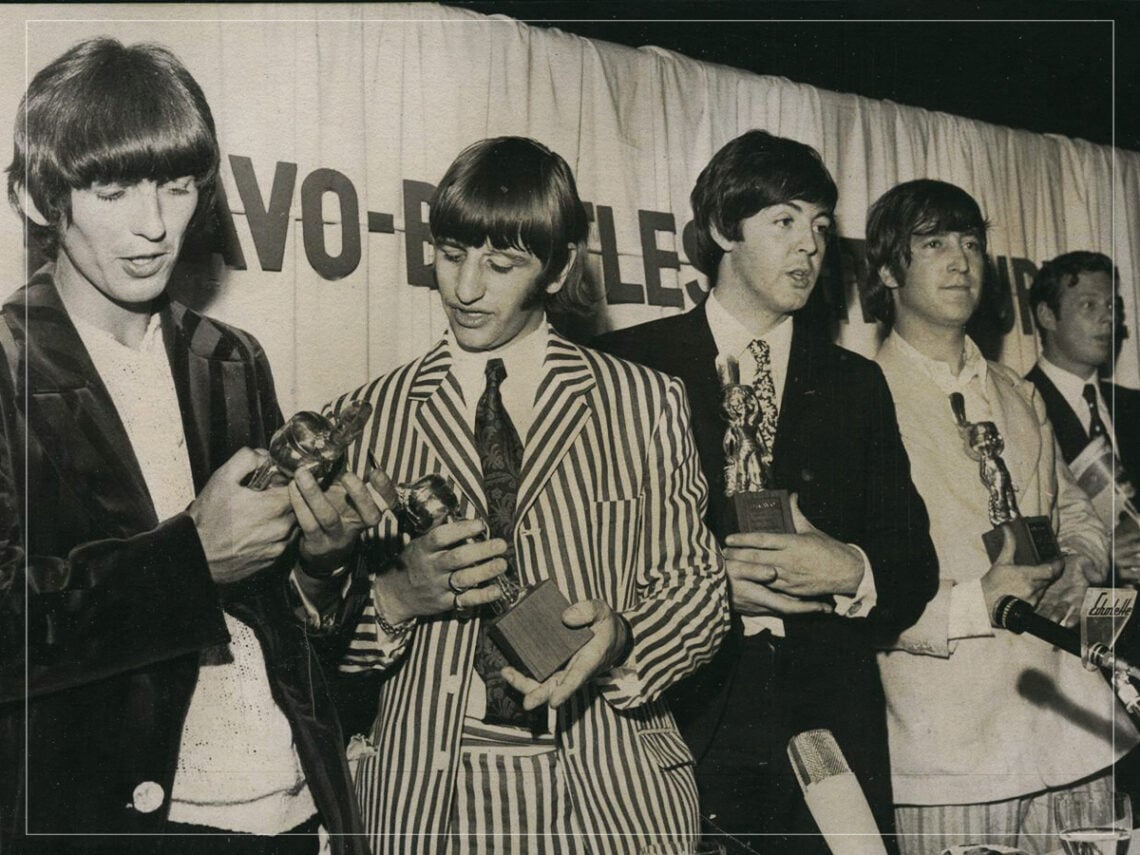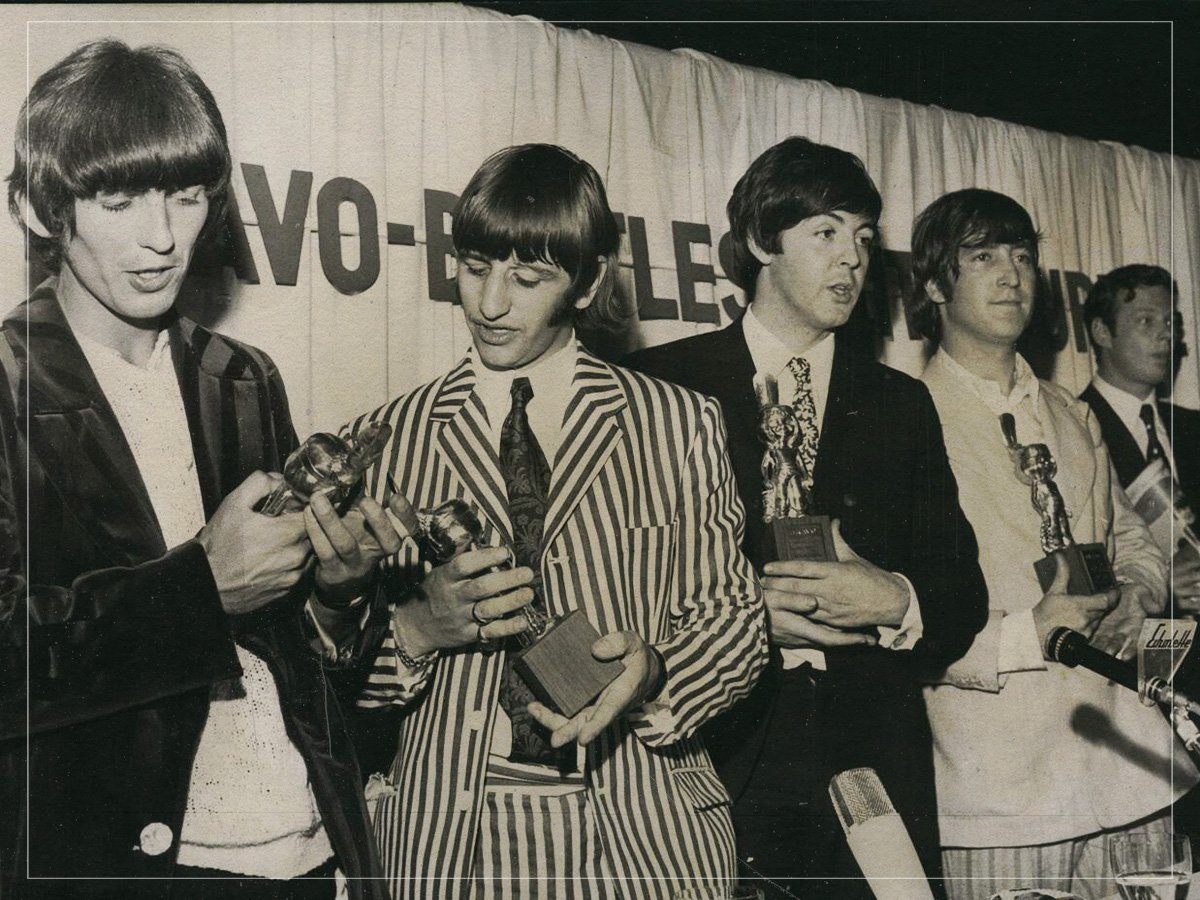
(Credits: Far Out / Alamy)
Tue 19 August 2025 15:00, UK
Many hear The Beatles song ‘Revolution 9’ and dub it a drawn out, experimental track that isn’t worth a full listen. However, it is actually a haphazard representation of resentment, creative frustration, and a band on the verge of breaking up.
When The Beatles broke up, the world continued turning, even though there were plenty of fans who felt as though it may well stop. They were such a massive cultural phenomenon, one that didn’t just amass fans but one that changed the way people saw music as a whole. The modern music industry would look very different if it wasn’t for the Beatles and the exciting sound they took over to the States.
“There was no real future for a British band before The Beatles appeared on The Ed Sullivan Show in February 1964,” said Rolling Stones manager Andrew Loog Oldham, “That was the turning point, after which there was an avalanche. It totally transformed the possibilities, and as usual The Beatles were the frontrunners. In music, there is The Beatles and then there is everybody else.”
While the band’s impact was felt immediately, and they changed the world with said impact, all good things must come to an end, and for the Beatles, this end came in April 1970. There were a number of different reasons as to why the band eventually decided to call it a day, but one of the major points of contention were collective changes in the way each member approached songwriting. No matter what their personal differences were, the band remained united by a desire to make good music. Once their tastes changed and with them, their definition of what constituted “good music,” the band didn’t have long left.
We can really hear these creative differences in the disjointed nature of some of the band’s later albums. Songs have totally different themes and styles, and while all of these sound good and come together to make a great album, they also reflect the varying opinions of band members.
Some songs were famously more hated by the band than others. Famously, all members apart from Paul McCartney despised ‘Ob-La-Di, Ob-La-Da’, which saw McCartney wholly lean into the idea of writing catchy pop music, regardless of how hollow said pop music was. This kind of song was the exact opposite of what John Lennon wanted to create, as he was desperate to wear his heart on his sleeve and write honest music that reflected who he was as a person.
‘Ob-La-Di, Ob-La-Da’ is one of many McCartney songs that were rubbing Lennon the wrong way. As such, it shouldn’t come as a surprise that Lennon came up with something abstract and inaccessible such as ‘Revolution 9’, as this was his contribution to The White Album that rebelled against all of the songs on that record he hated.
John Lennon once called the song “The future of music,” but realistically, it was more likely his take on what the opposite of pop sounds like. It was his frustration with the creative restrictions imposed by the Beatles wrapped up into something that was genuinely difficult to listen to.
Lennon called it the “drawing of revolution,” but rather than revolting against music as a whole, he was instead rebelling against the music being made within his own band. People misunderstand, as this isn’t experimental for the sake of being experimental, this is a frustrated Lennon releasing that frustration in the only way he could.

